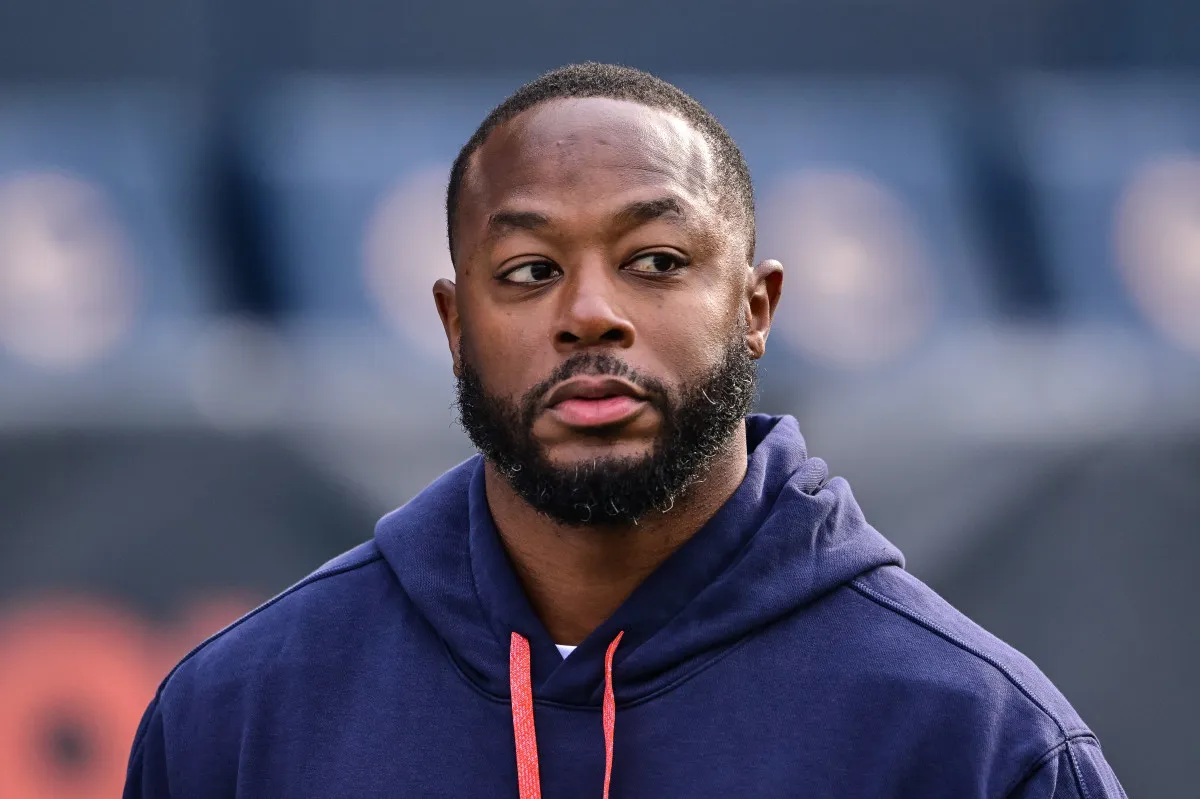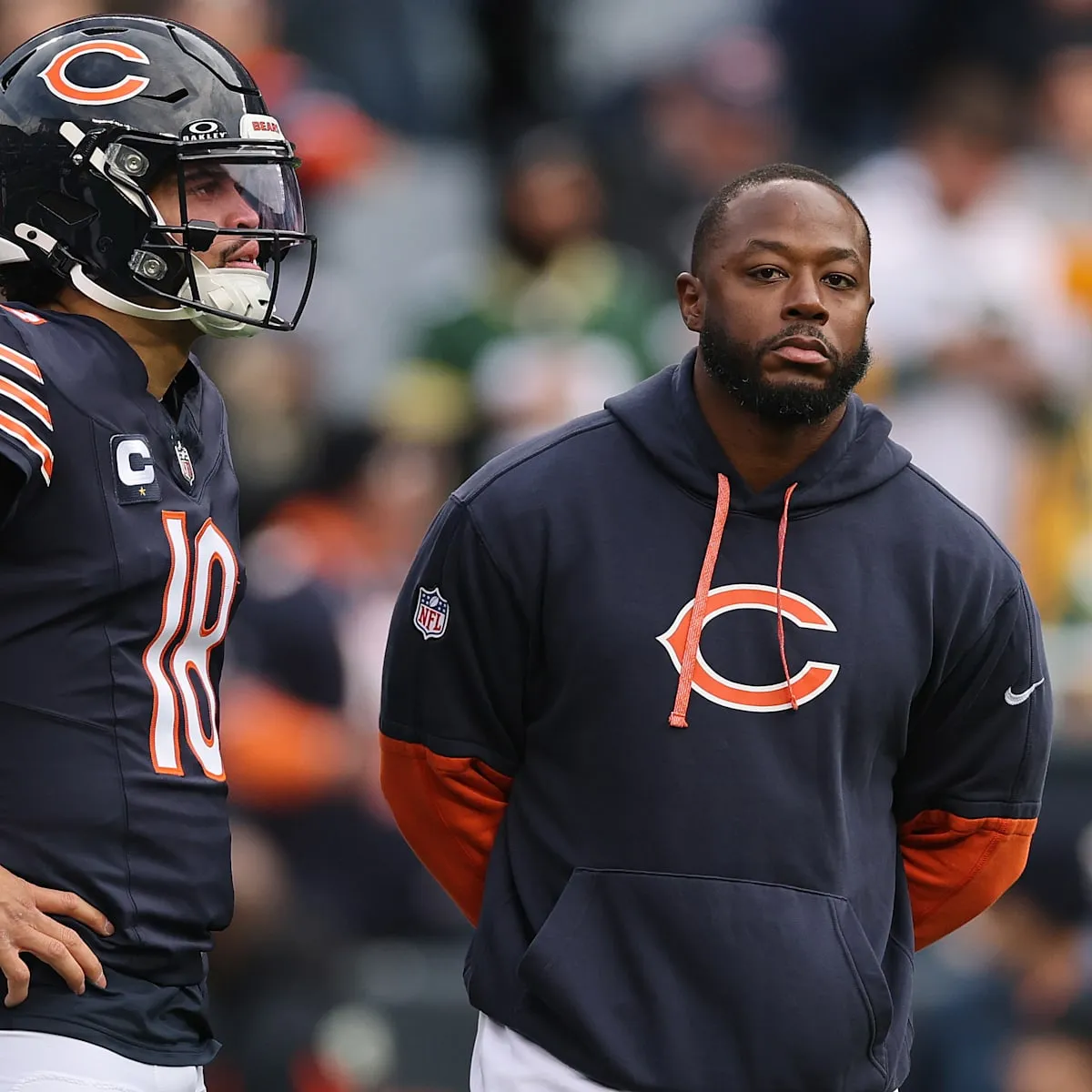Thomas Brown Defends Decision to Decline Final Field Goal Attempt I Wasn do not Confused, Just Changed My Mind
A Brief Look at Thomas Brown and the Bears’ Current Situation Thomas Brown stepped in as interim head coach of the Chicago Bears following the dismissal of Matt Eberflus. This decision came amid the team’s continued string of losses and mounting criticisms over game management choices. In a recent game, Brown made controversial decisions during […]

A Brief Look at Thomas Brown and the Bears’ Current Situation
Thomas Brown stepped in as interim head coach of the Chicago Bears following the dismissal of Matt Eberflus. This decision came amid the team’s continued string of losses and mounting criticisms over game management choices. In a recent game, Brown made controversial decisions during the Bears’ final drive, raising questions among the media and fans alike.
During this game, the Bears were trailing 6-3 and found themselves in a difficult situation with 2:14 remaining in the fourth quarter. The team had an opportunity to attempt a field goal, but a false start penalty complicated matters further. Instead of opting for the field goal, Brown chose to send the offence back on the field to attempt a 4th-and-5 conversion.

Thomas Brown’s Controversial Decision
When asked about his decision post-game, Brown maintained that it wasn’t a mistake. “It wasn’t confusion. I simply changed my mind,” Brown stated. However, his choice sparked significant doubts as the Bears needed to conserve timeouts for crucial plays later in the game. Although the Bears succeeded in converting the 4th and 5, the burned timeout during the sequence cost them valuable opportunities. The team later advanced into scoring range, reaching the Seahawks’ 40-yard line. However, an incomplete pass wasted another timeout, leaving the Bears with a diminished chance to score.
Analyzing Brown’s Decision
Brown emphasized his intent to make the right play call. “It was about communicating clearly, getting out of the huddle, and snapping the ball faster,” he explained. Still, the inability to preserve timeouts during decisive moments proved to be a costly misstep. When questioned why he didn’t trust the kicker to attempt a 58-yard field goal, Brown cited concerns over range, stating that his belief was the kicker’s effective distance was between 52 and 55 yards.
This explanation fell flat in a situation that demanded decisive action. Brown also defended the decision not to run the ball to gain additional yardage before attempting the field goal. He reasoned that the Seahawks’ defensive alignment lacked protection, but failing to capitalize on the opportunity to run illustrated a lack of flexibility in strategy.
The Fallout from Thomas Brown’s Decision
Brown’s decisions in this game underscored the Bears’ broader issues in time management and strategic planning. These lapses not only influenced the game’s outcome but also raised doubts about his capacity to lead as head coach.
Searching for a New Head Coach

The Bears will soon be searching for a new head coach capable of providing stronger leadership and making sound decisions in high-pressure situations. This has become an urgent priority, particularly as the team looks to build around young talents like Caleb Williams and other players for the future.
Lessons Learned
This game offered valuable lessons for both Thomas Brown and the Chicago Bears. For Brown, mastering time management and decision-making in critical moments is essential for success. For the Bears, finding a coach who can put the team on the right track is crucial. Correct decisions do more than just impact individual games—they can shape the long-term trajectory of a franchise. Improving game management and offensive strategy is now a top priority for the Bears. With the right changes, there is hope that the team can soon find the path to success.







































